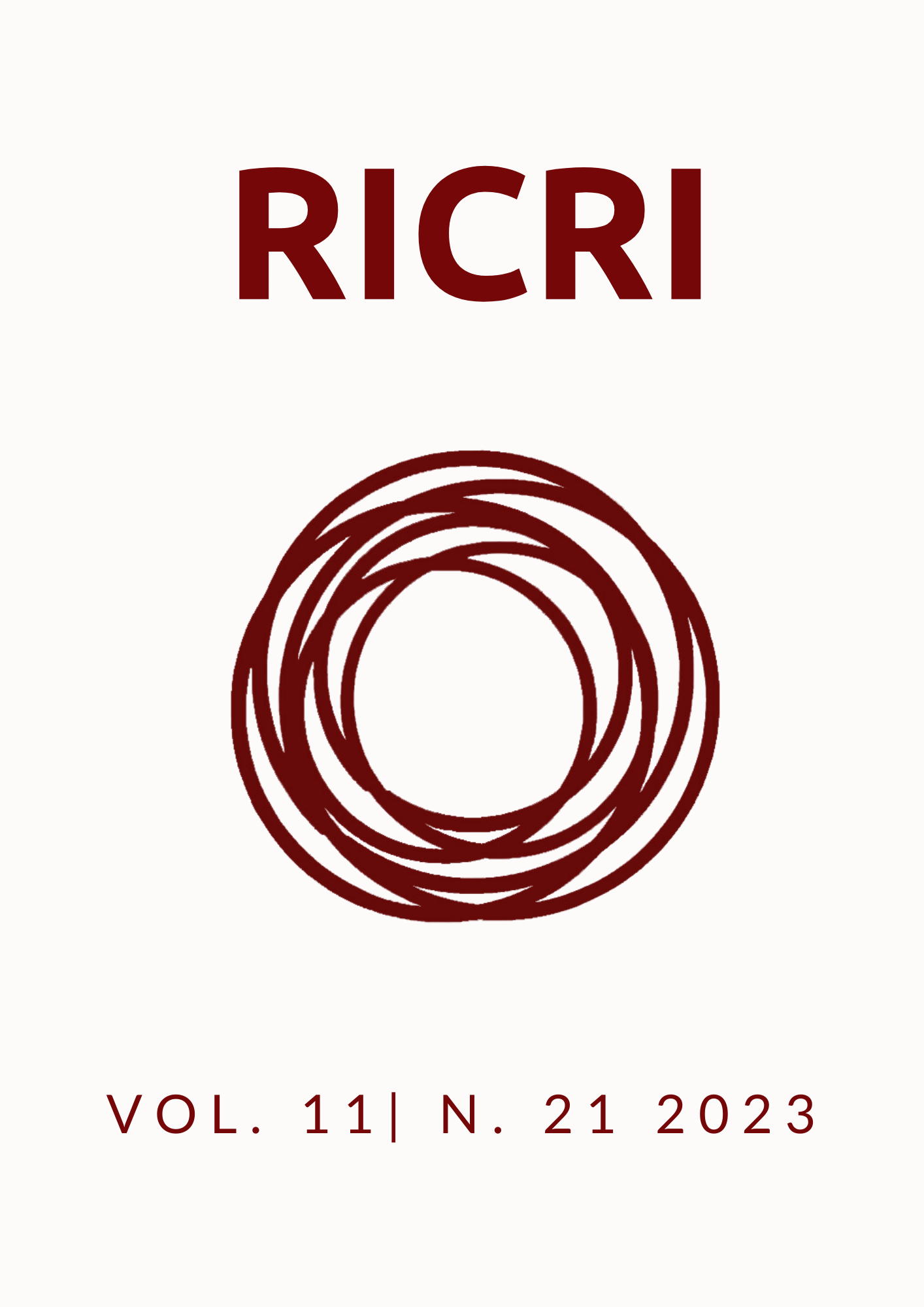South-South Cooperation
an alternative to reduce existing disparities in the international system and promote equitable development
DOI:
https://doi.org/10.22478/ufpb.2318-9452.2024v12n23.68643Abstract
ABSTRACT: This article aims to study South-South Cooperation by recognizing global inequalities and exploring how the region can potentially alter the balance of international power. The problem under analysis revolves around questioning how South-South Cooperation can promote justice and equality in the global system. To this end, a bibliographic and qualitative approach was employed, delving into theories on North-South Cooperation and its relationship with South-South Cooperation, with a focus on the BRICS and the Sino-African relationship, as they represent South-South Cooperation. The results indicated that, despite some limitations, South-South Cooperation has transformative potential in the international system and could replace the North-South relationship in the future. Therefore, investing in South-South Cooperation is crucial for a more equitable and sustainable world.
Keywords: Balance of power; international cooperation; international affairs.
Downloads
Published
How to Cite
Issue
Section
License
Copyright (c) 2024 Journal of Scientific Initiation on International Relations

This work is licensed under a Creative Commons Attribution-NonCommercial 4.0 International License.
Authors who publish with this journal agree to the following terms:
a. Authors retain copyright and grant the journal right of first publication with the work simultaneously licensed under a Creative Commons Attribution License that allows for sharing of work with acknowledgment of its initial publication in this journal.
b. Authors are able to take on additional contracts separately for non-exclusive distribution of the version of the work published in this journal (e.g., post it to an institutional repository or as a book), with an acknowledgment of its initial publication in this journal.
c. Authors are permitted and encouraged to post their work online ( eg, in institutional repositories or on their website) at any point before or during the submission process, as it can lead to productive exchanges , as well as increase the impact and citation of published work ( See the Effect of Open Access).




